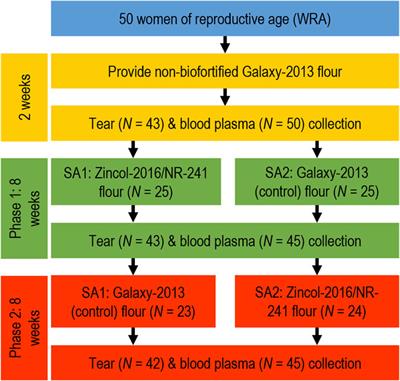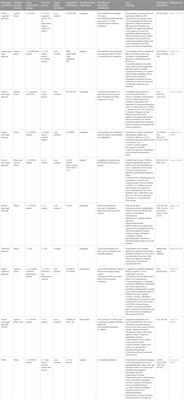EDITORIAL
Accepted on 21 Mar 2025
Editorial: Metabolomics in Human and Animal Ophthalmic Research
doi 10.3389/fmolb.2025.1594647
5,342
Total downloads
11k
Total views and downloads
EDITORIAL
Accepted on 21 Mar 2025
ORIGINAL RESEARCH
Published on 28 Jan 2025
ORIGINAL RESEARCH
Published on 23 Jan 2025
ORIGINAL RESEARCH
Published on 10 Sep 2024

REVIEW
Published on 13 Aug 2024

ORIGINAL RESEARCH
Published on 09 Aug 2024
